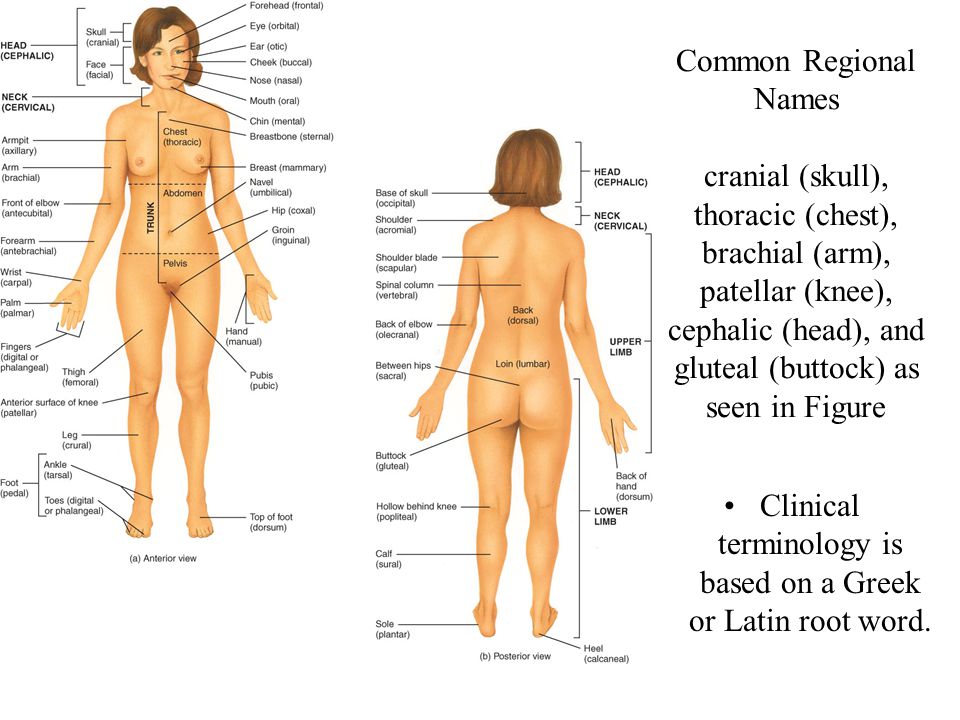

Latin is a member of the broad family of Italic languages.Its alphabet, the Latin alphabet, emerged from the Old Italic alphabets, which in turn were derived from the Greek and Phoenician scripts.
Latin is a language we can all relate to, as many modern words are derived from it. It’s a dead language now, but was once spoken throughout …

Occiput came to English from Latin, where it was created from ob-, meaning “against,” and “capit-” or caput, meaning “head.” Its adjectival form, occipital, meaning “of, relating to, or located within or near the occiput or the occipital bone,” abounds in medical texts but is found in literary ones too, as in George Eliot’s description of the

I’m talking about the Latin cum, which I’ve seen used conjunctively, as in A-cum-B. What does it mean, and how do you use it?

Below you will see a chart of English language word roots that are common prefixes and suffixes to base words. (This list is similar to that which appeared previously on this site.)

Latin Word List. By LatinPhraseTranslation.com (which works again, yay) Source: Latin Word List (This dictionary contains 7,874 words; Use Ctrl+F (or Cmd+F) to search for a word)

Genuine antique rebus, wordplays, puzzles and curiosities to sharp your Latin and Greek language skills
Latin (Latin: lingua latīna, IPA: [ˈlɪŋɡʷa laˈtiːna]) is a classical language belonging to the Italic branch of the Indo-European languages.The Latin alphabet is derived from the Etruscan and Greek alphabets, and ultimately from the Phoenician alphabet.

A abbas abbatis : man / abbot. abbatia : abbey, monastery. abduco : to lead, or take away / detach, withdraw. abeo : to go away, retire / depart from life, die. abeo : to digress / change / vanish, disappear.
Information about English words derived from Latin and Greek sources and English vocabulary words with etymologies plus explanations. and quizzes
